ON DEMAND WEBINAR
ON DEMAND WEBINAR
Effective carrier and newborn screening methods are critical for solving problems in reproductive medicine and launching treatment plans for early-onset genetic diseases. Clinical research faces a number of well-known challenges to disentangle the complexity of the underlying disease genetics.
In this exciting webinar, PacBio scientists showcase new HiFi sequencing solutions developed to accelerate high-impact discovery in carrier and newborn screening research.
Watch the recording to learn how these new tools can enable you to:
Register to watch recording
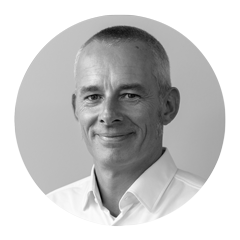
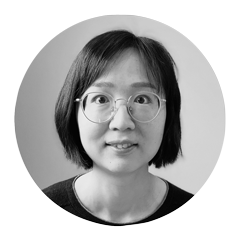
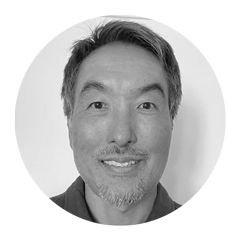
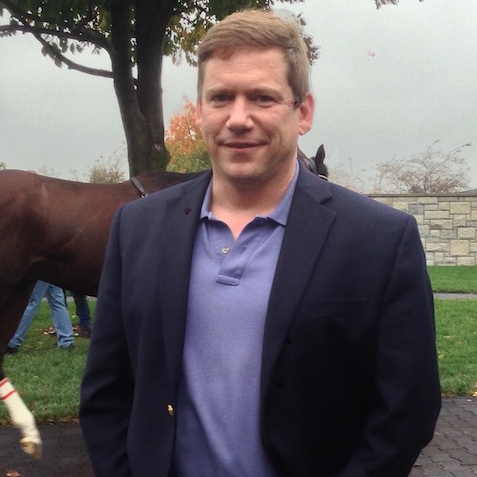
Ted Kalbfleisch, Ph.D., Associate Professor, University of Kentucky
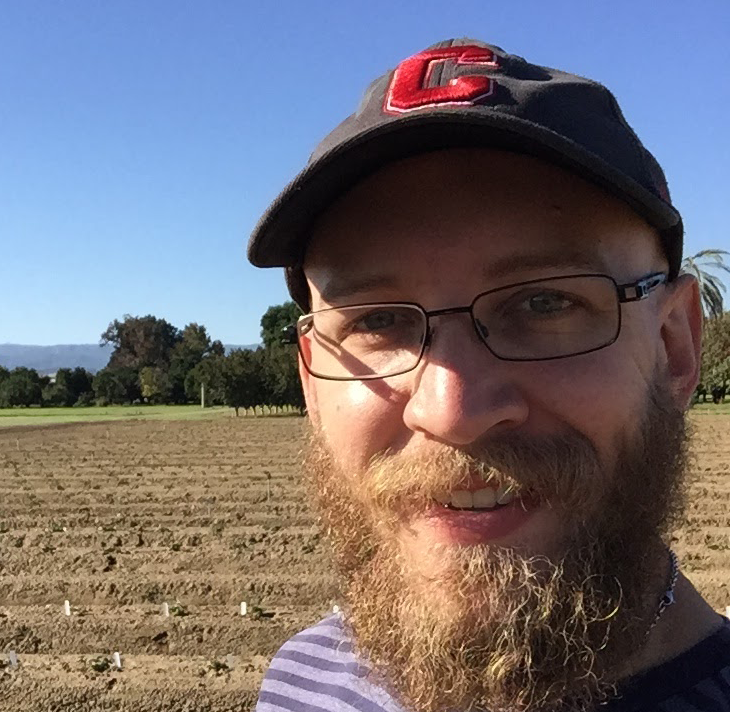
Mitchell Feldmann, Ph.D., Postdoctoral Fellow, University of California, Davis.